Optimal Timing for Driveway Repairs
Timing plays a crucial role in the effectiveness and longevity of driveway repairs. Optimal conditions ensure proper curing, adhesion, and minimal disruption. Understanding seasonal and weather-related factors can help determine the most suitable time for maintenance projects.
Spring offers moderate temperatures and increased daylight, making it an ideal season for driveway repairs. Warm weather helps materials cure properly, reducing the risk of cracks and deterioration.
Summer provides long, warm days, but excessive heat and dry conditions can cause asphalt to soften or dry too quickly, affecting repair quality. Early summer or late summer evenings are preferred.
Fall typically presents cooler temperatures and less moisture, which can be beneficial for repairs. However, early fall before the first frost is best to ensure proper curing and avoid damage from freezing temperatures.
Winter is generally unsuitable for driveway repairs due to freezing temperatures, snow, and ice. Cold weather impairs curing and can cause cracks to worsen if repairs are attempted.
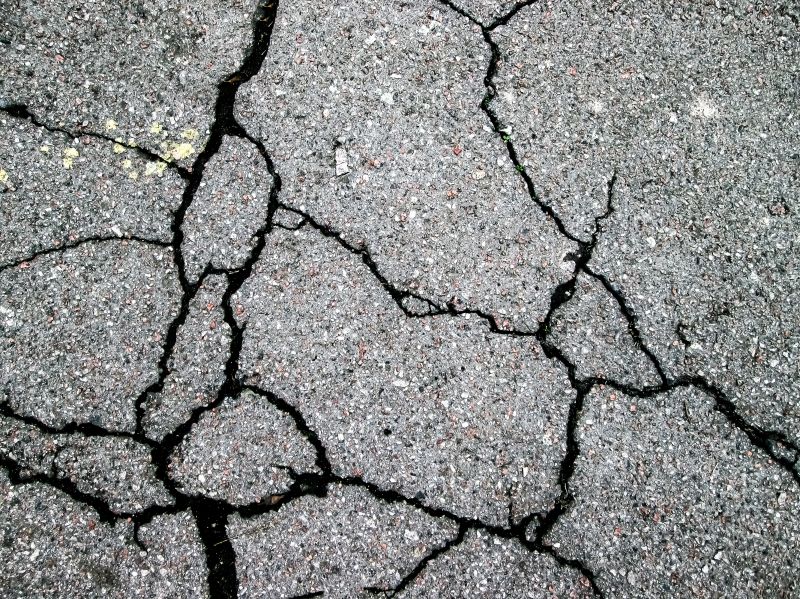
Springtime is optimal for asphalt and concrete repairs due to favorable weather conditions.
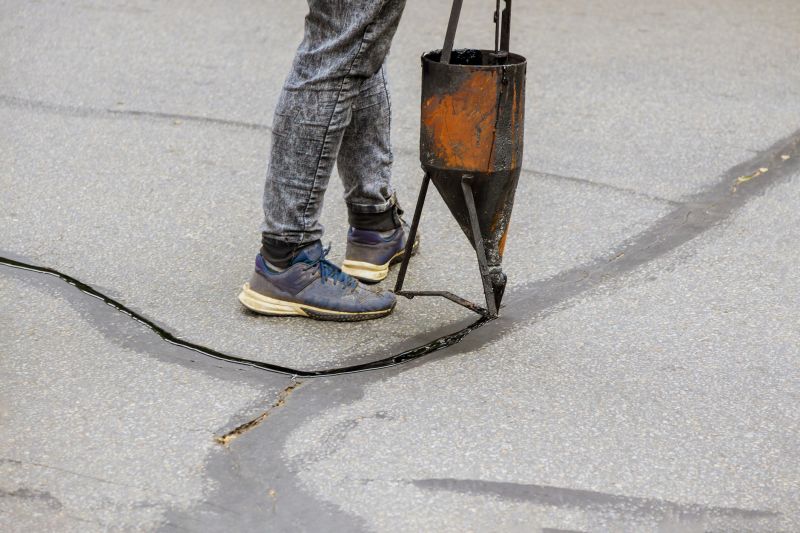
Early mornings or late evenings during summer are suitable for driveway repairs.
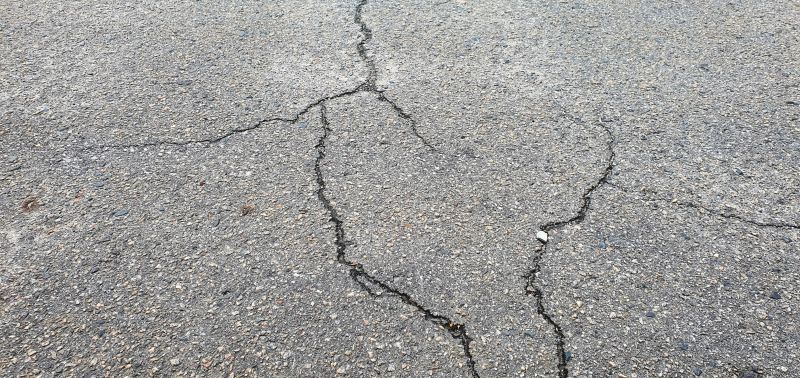
Perform repairs before the first frost for best results.
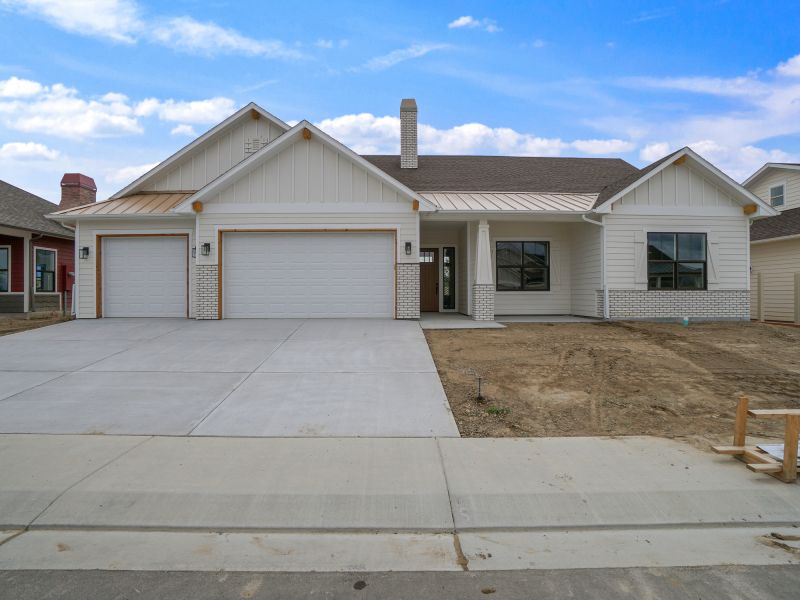
Winter is generally not recommended for driveway repairs due to cold and moisture.
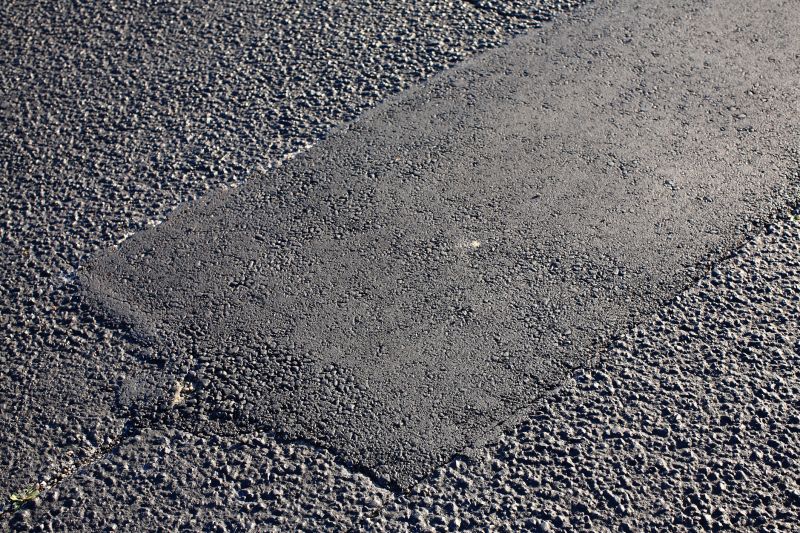
Popular materials for Driveway Repairs and why they hold up over time.

Simple add-ons that improve Driveway Repairs without blowing the budget.
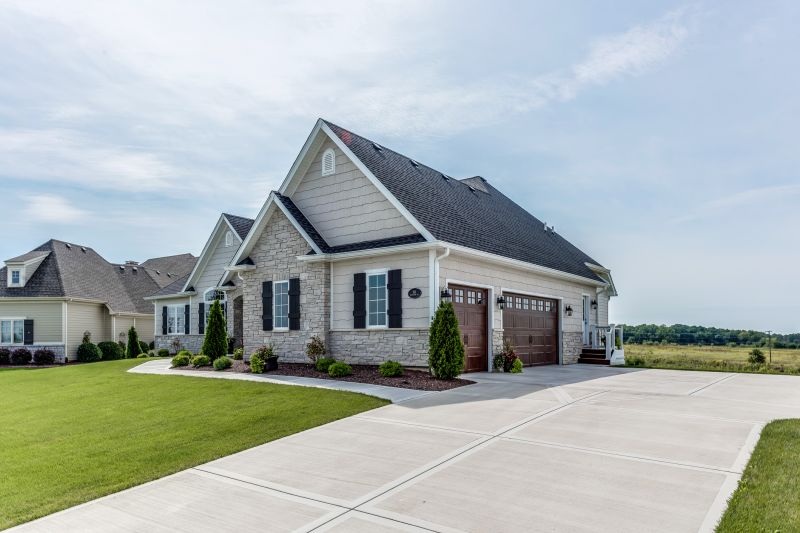
High-end options that actually feel worth it for Driveway Repairs.
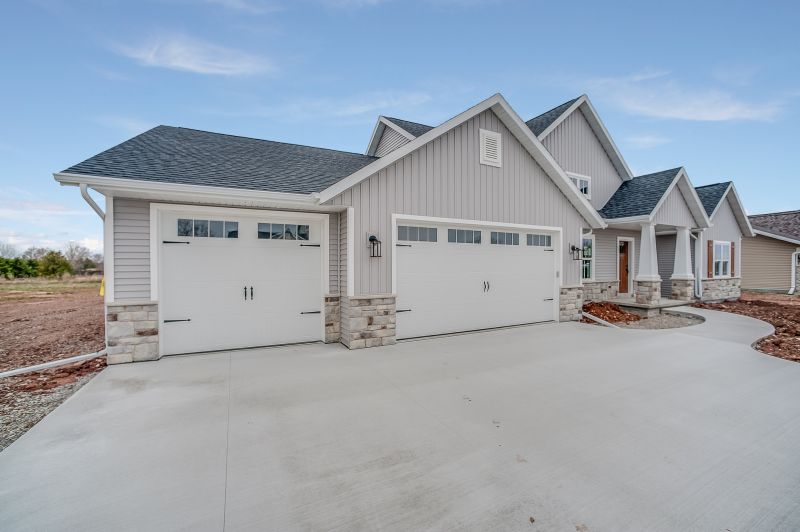
Finishes and colors that play nicely with Driveway Repairs.
Driveway repairs are essential for maintaining the safety, functionality, and appearance of a property. Properly timed repairs can extend the lifespan of asphalt and concrete surfaces, preventing costly replacements. Statistics show that timely maintenance can reduce repair costs by up to 50% and significantly improve curb appeal.
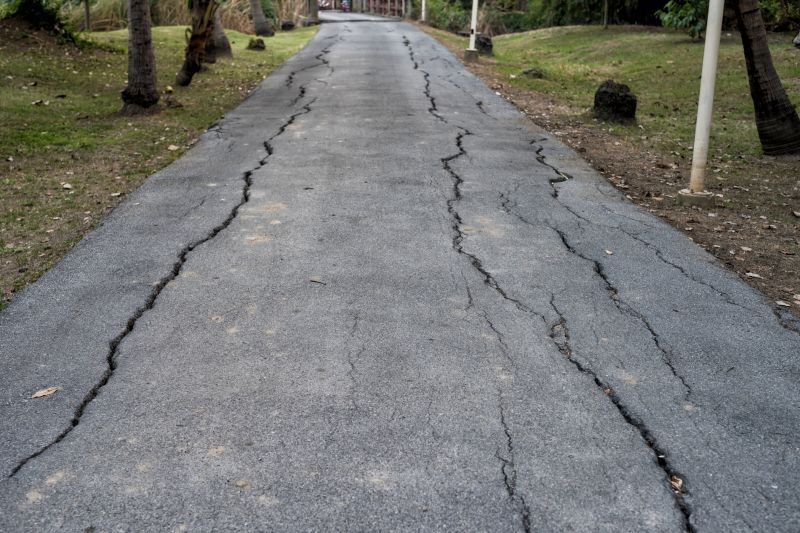
Cracks can worsen over time if not repaired promptly, leading to more extensive damage.
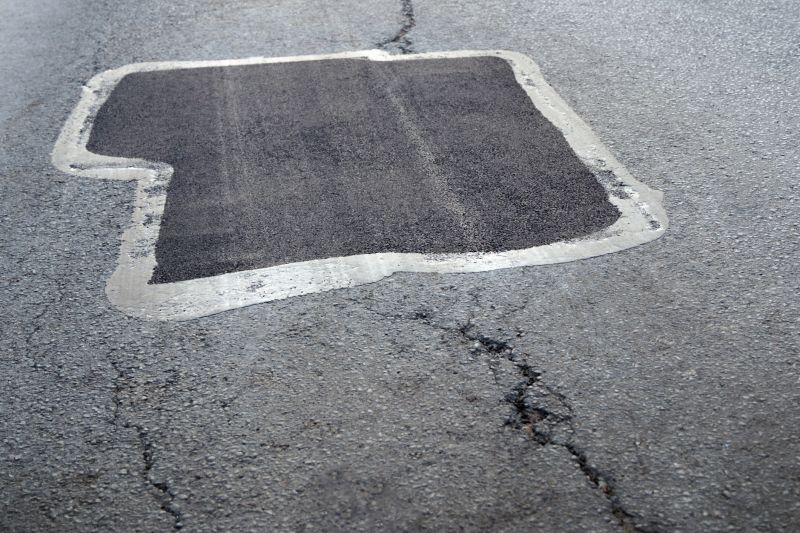
Addressing potholes early prevents further deterioration and safety hazards.
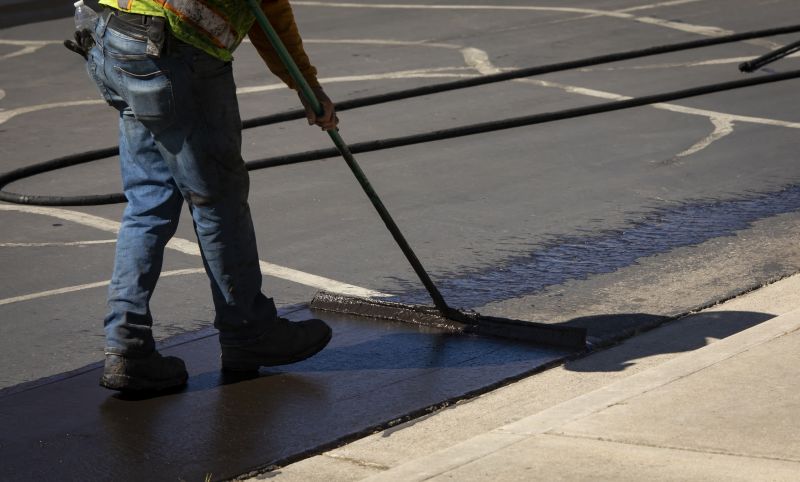
Sealcoating enhances durability and protects against weather damage.
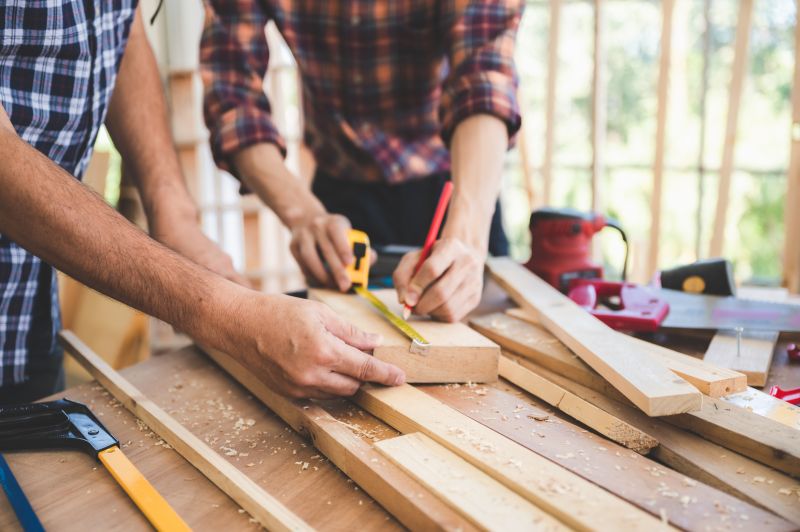
Little measurements that prevent headaches on Driveway Repairs day.
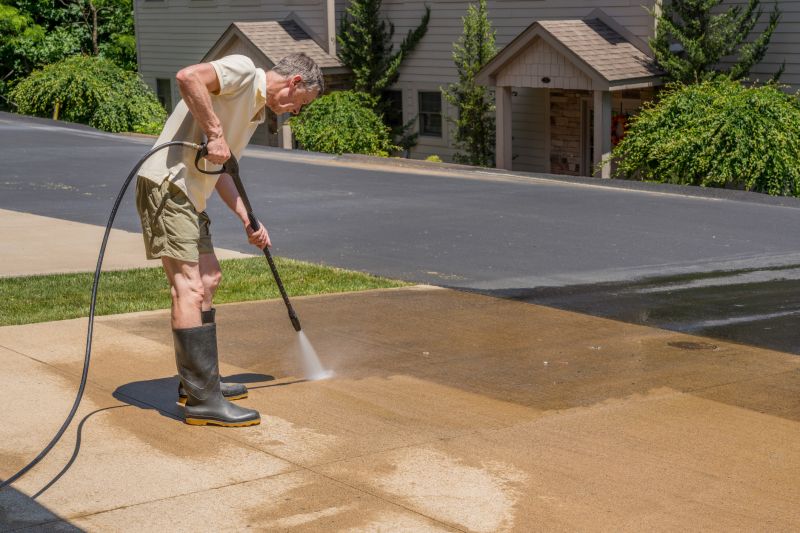
A 60-second routine that keeps Driveway Repairs looking new.
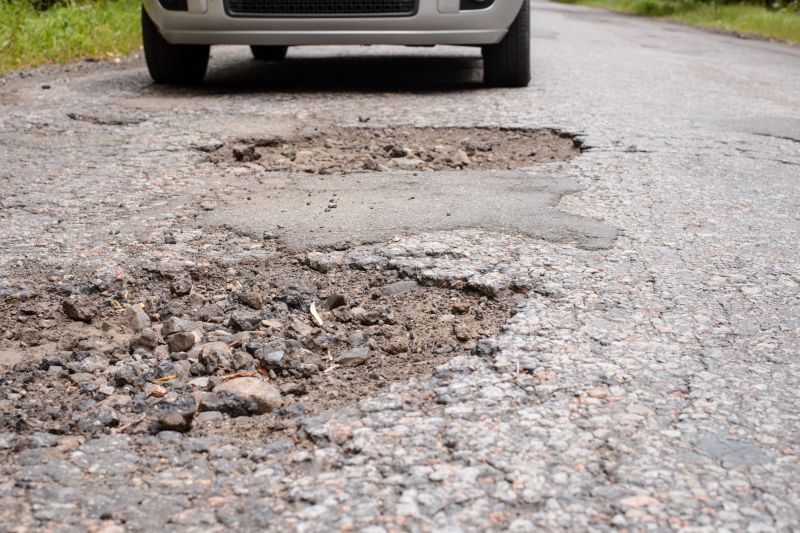
A frequent mistake in Driveway Repairs and how to dodge it.
| Season | Best Conditions |
|---|---|
| Spring | Moderate temperatures, low moisture, ideal for repairs |
| Summer | Warm days, early mornings or evenings preferred |
| Fall | Cool temperatures, before frost, good for curing |
| Winter | Cold, snow, and ice make repairs unsuitable |
Proper timing for driveway repairs ensures optimal results and longevity. Consulting with a professional can help determine the best window based on local climate conditions and specific surface needs. Regular maintenance, scheduled during appropriate seasons, can prevent major repairs and extend the lifespan of driveway surfaces.
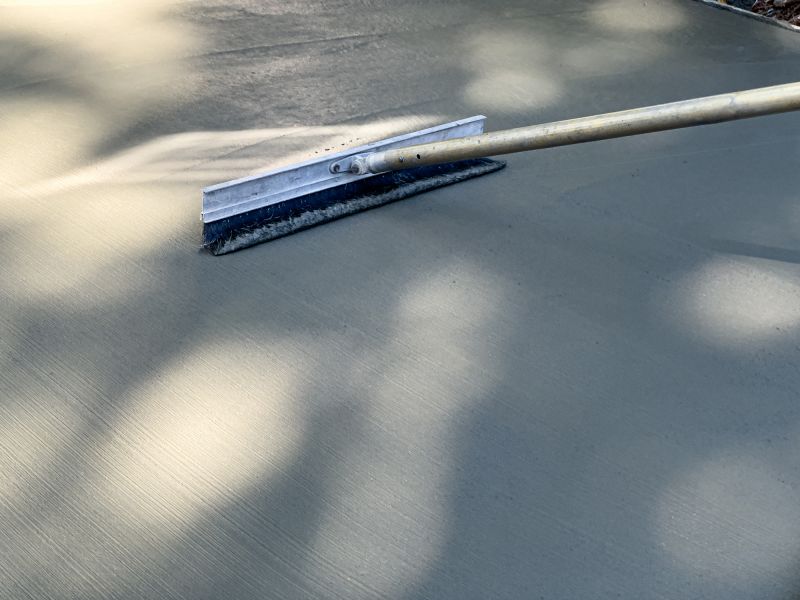
Proper tools and equipment are essential for quality repairs.
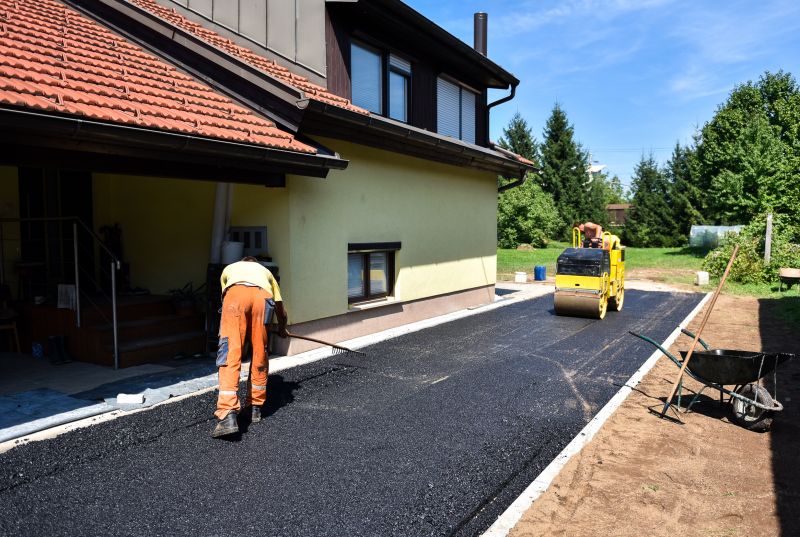
Timely asphalt patching prevents further damage.
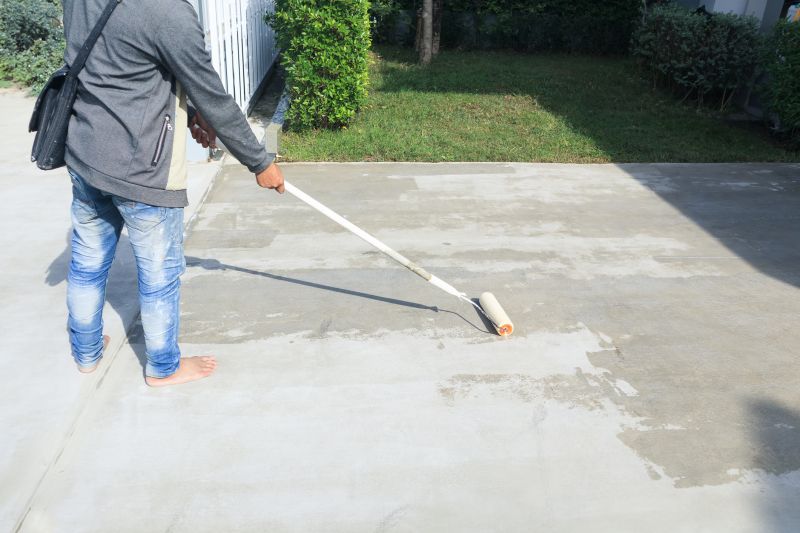
Concrete repairs restore surface integrity and appearance.
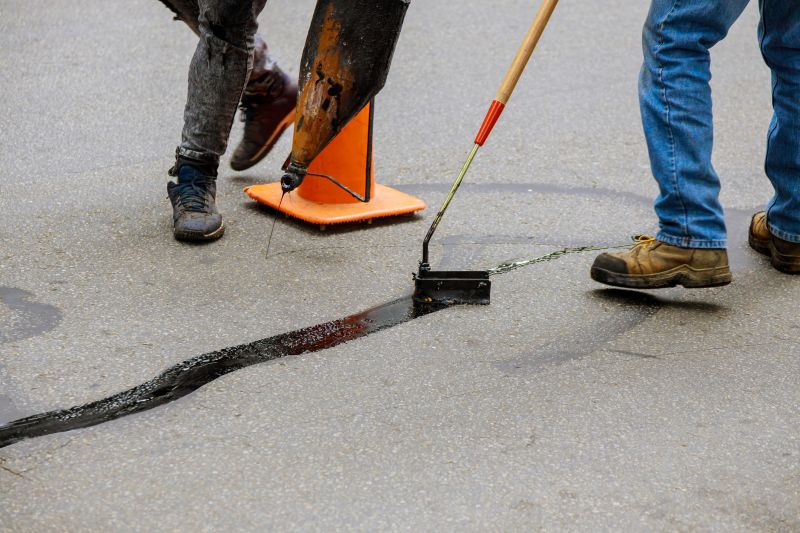
Sealcoating protects against weather and wear.
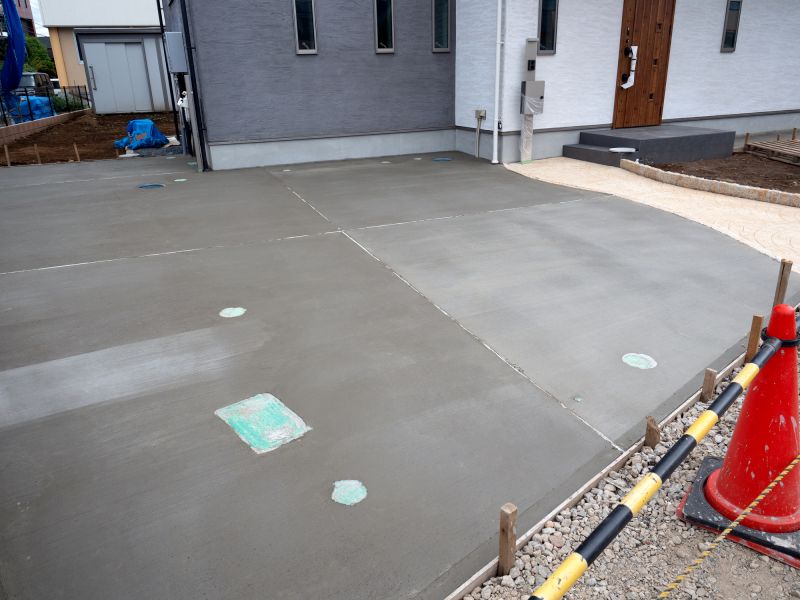
Small tweaks to make Driveway Repairs safer and easier to use.
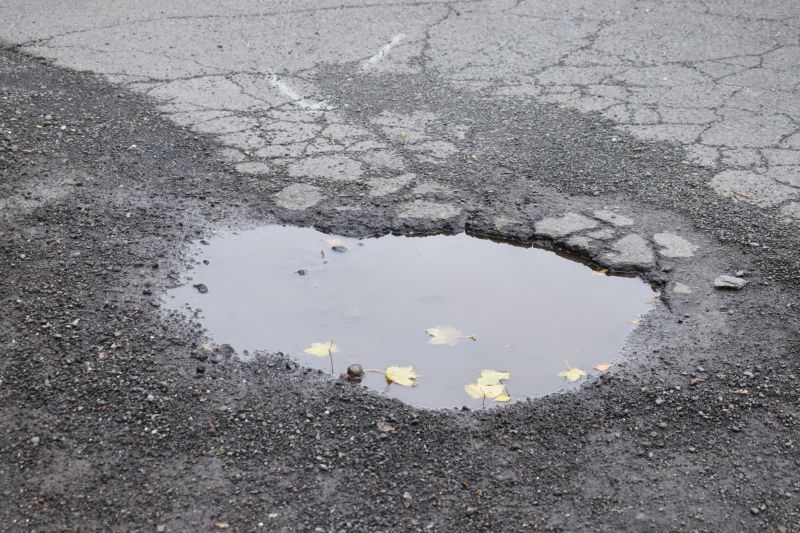
Lower-waste or water-saving choices for Driveway Repairs.
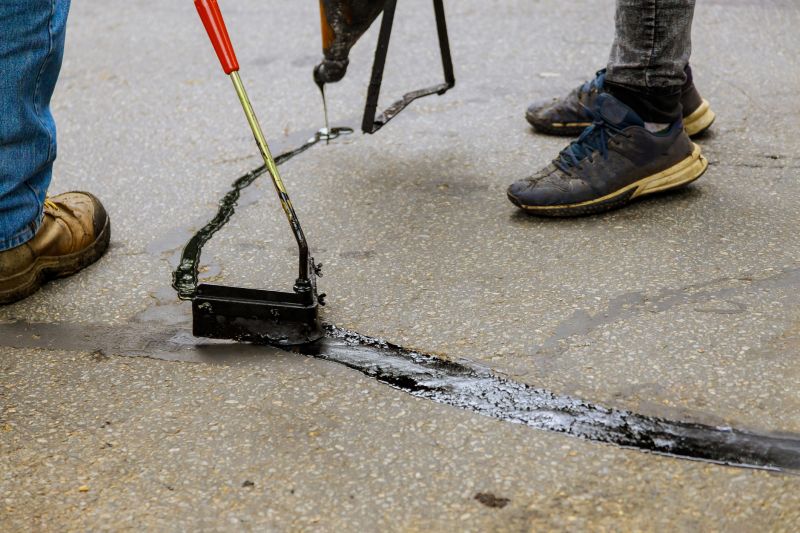
The short, realistic tool list for quality Driveway Repairs.
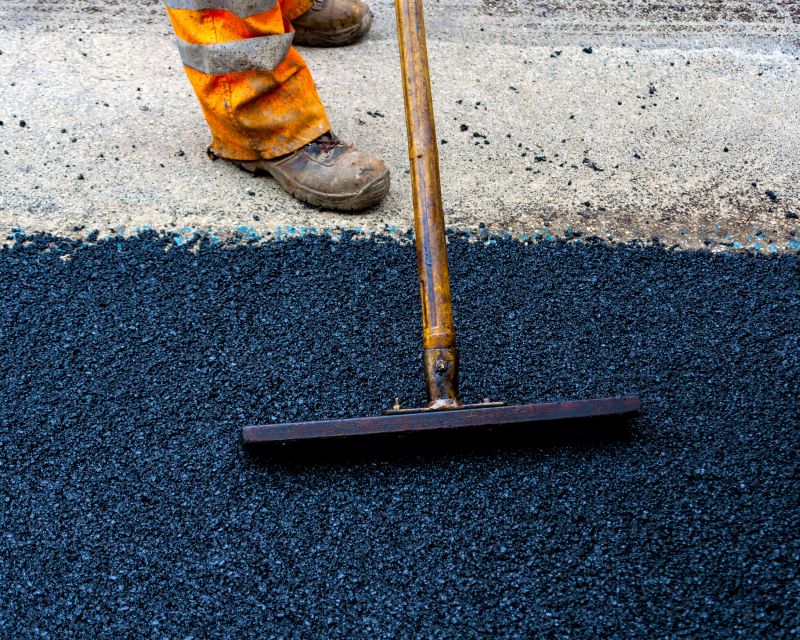
Rough timing from prep to clean-up for Driveway Repairs.
For those interested in driveway repairs, filling out the contact form provides a convenient way to obtain more information and schedule assessments. Properly timed repairs can enhance safety, improve curb appeal, and extend the lifespan of driveway surfaces.



